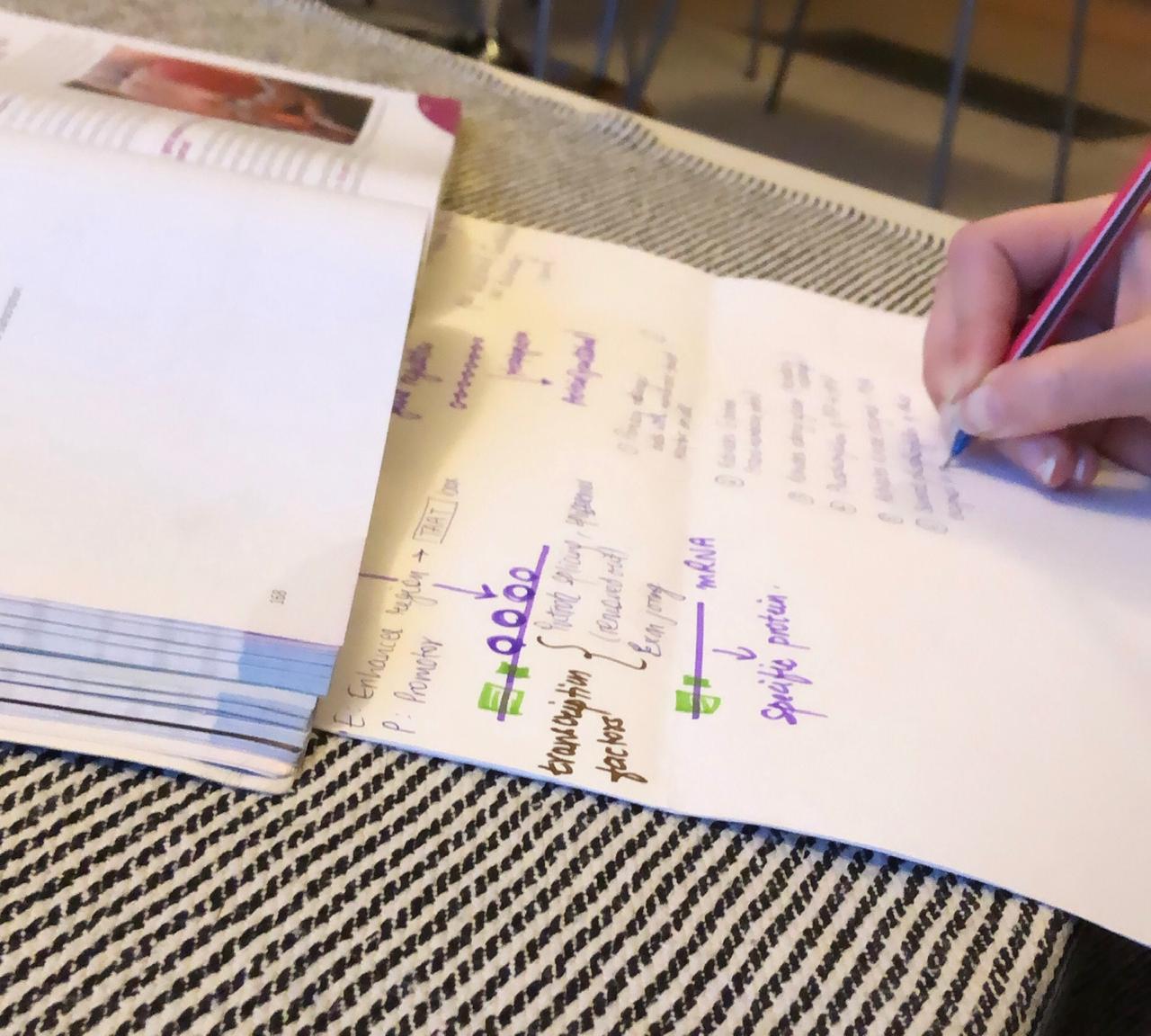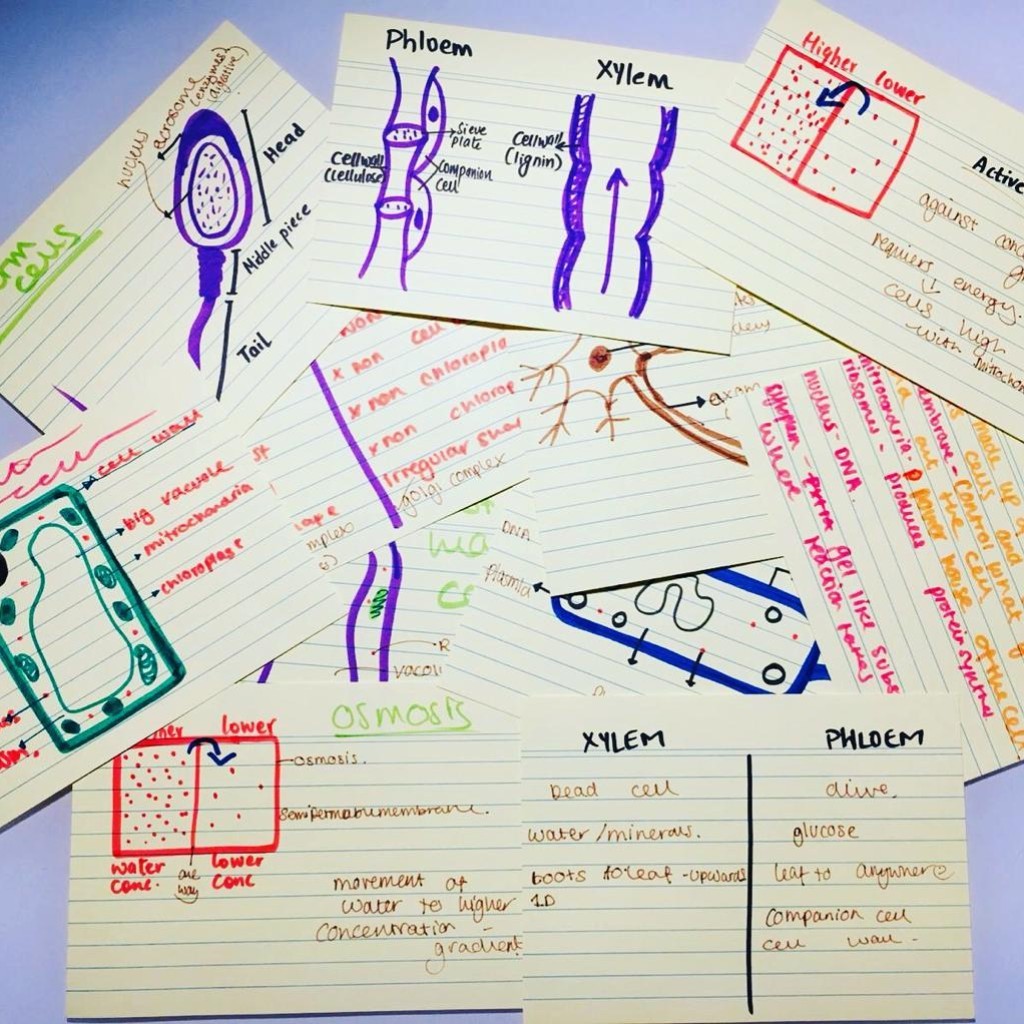Home About Us Service Our Team…
Single Blog
Home / Single Blog

9 Ways to tackle students’ mental health issues due to COVID-19
A 16-year-old GCSE student named Jenny was diagnosed with depression at the beginning of the COVID-19 pandemic.
As adults, we all have diverse needs and different ways of coping with stressful situations. For children, it is the same. Some children will have dealt well with restrictions and school closures caused by the COVID-19 pandemic. For others, it is challenging to cope with all the changes and uncertainty. Some children will return to school having experienced some level of stress, anxiety, isolation and grief. Some may have experienced increased violence at home.
School teachers and personnel are critical in supporting children’s transition back to in-person classroom learning, particularly after extended periods of school closure. In addition to continuing to use the different skills teachers have been using to ensure their students’ learning and emotional well-being while schools were closed, the following suggestions might be helpful when schools reopen:
1. Listen to children’s concerns
COVID-19 and school closures impacted many children and adolescents’ mental health and well-being. As teachers, it is essential to listen to students’ concerns and demonstrate understanding as well as empathy. Offer your students the opportunity to have a one-to-one conversation with you to reconnect and discuss any concerns that might have arisen when their school was closed. If a child shares anything that is particularly concerning, please follow the protection or child safeguarding systems in place.
2.Check how children are doing
Before teaching new academic content to students, teachers and school personnel should take time to check how children are doing. Remember that children may have difficulty concentrating at first or may need more time to get back into the routine of learning. Provide opportunities for children to take breaks, move around, and re-connect with their friends and peers.
3.Provide children with accurate information around COVID-19
As children return to school, they may have different thoughts and questions about COVID-19. Children want and need factual information. Use child-friendly and age-appropriate resources available in your country/region that is based on scientific evidence to respond to children’s questions about COVID-19 accurately.
While it is important to acknowledge the scale of what is happening globally, make sure to emphasize all the efforts made and precautions taken to reduce risks in the school reopening plans. Do not forget to remind children of school safety protocols, including what to do in case there is a COVID-19 case detected in the classroom.
4.Seek suggestions from children on how to create a welcoming, safe and comfortable classroom
Engage children in making the classroom a welcoming, safe and comfortable space. When doing so, make sure to respect school safety procedures and use available material resources.
Children can provide suggestions; help decorate the walls of the classroom with colourful and welcoming messages and work in small groups so they can support each other to catch up on learning. Let them know that being supportive of each other will help them get through this together. Remember to praise children for their contributions and efforts. Teachers can foster feelings of safety and security by interacting and developing positive relationships with each student and using routines during the day to help children feel safe and secure.
5.Watch out for any warning signs of child behaviour that interferes with their ability to explore, play and learn
Be attentive to changes in children’s behaviours. If you notice significant changes in a student’s behaviour and this persists over time, preventing them from functioning or playing, please follow school protocol, and/ or seek additional support and guidance. Teachers can provide lots of support if they feel a child is struggling. However, you should seek additional support and refer children to child protection services, primary care physicians, or mental health professionals if you feel the child needs specialist help.
Continue providing learning support, as well as guidance, and provide extra support or go at a slower pace if a child is finding it difficult to learn or concentrate.
6.Encourage play and sports to promote interaction between students
In many countries children have been following strict physical distance measures and have been prevented from using playgrounds and other public spaces to play and interact with their peers. Make sure that when children return to school that they have lots of opportunities to socialize, play and interact with the peers they have missed for so long, in line with school safety protocols.
7.Model good coping behaviours for students – be calm, honest, and caring
Teachers can be positive role models for their students. Children will look at you and learn from the skills you use daily to deal with stressful situations. Be calm, honest, and caring, and demonstrate a positive attitude to children.
8.Take care of yourself and know your limits
Teaching can be an extremely stressful profession, particularly now. Make sure to protect your own physical and mental health (e.g. maintain healthy eating and sleeping habits, rest, exercise, connect with friends, family, and colleagues). Remember to seek support if you notice yourself experiencing significant feelings of distress.
Recent Blog
Home About Us Service Our Team…
Home About Us Service Our Team…

GCSE Sciences can assist you in advancing your academic knowledge and increasing your understanding of core concepts through our practical approach based courses.
Contact Us
- Colley Hill Bradwell MK139BN
- (+44) 7404817790/ 7404817857
- gcsetutor9@gmail.com
Our Service
- Free Consultation
- Experience Coach
- Flexible Time
- Free Sertificate
- Get Job Quickly
Sosial Media
Subcribe to notifications to get news
2023 © Copyrights Gscesciences All Right Recived

